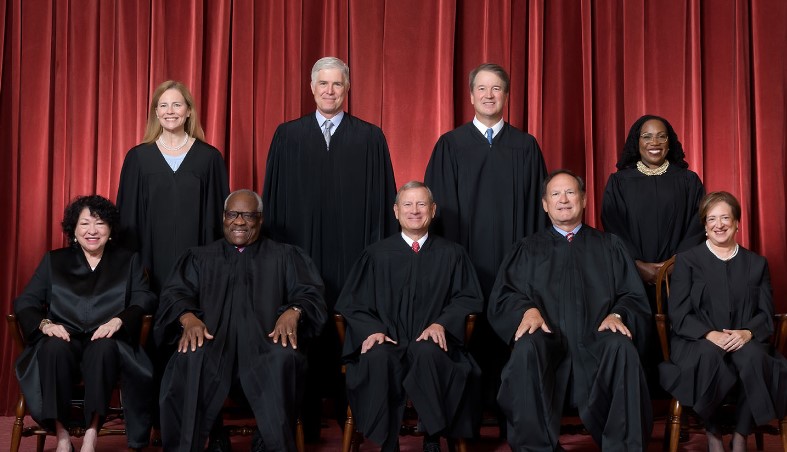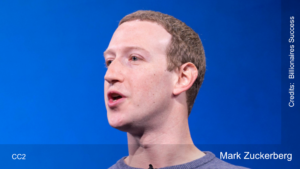A recent Supreme Court decision has sparked criticism regarding online speech censorship and government involvement. The court ruled 6-3 that Missouri, Louisiana, and five individual plaintiffs lacked standing to challenge the Biden administration’s alleged censorship efforts. The case involved accusations that the administration pressured social media companies to censor content, a claim lower courts described as “Orwellian.”
Legal experts and commentators have expressed concern over the court’s ruling. Prominent law professor Jonathan Turley criticized the decision, arguing that it sets a troubling precedent for free speech. Turley noted that standing requirements often block significant claims, making it harder to address fundamental issues like censorship. He described the situation as frustrating for the free speech community, as it prevents the court from addressing critical constitutional questions.
In July 2023, U.S. District Judge Terry A. Doughty issued an injunction against the Biden administration. This injunction prohibited officials from contacting social media companies to push for content removal. Doughty identified 25 instances where social media companies allegedly censored or faced pressure to censor content. Despite this, the Supreme Court’s recent ruling leaves the matter unresolved.
Other sources have reported that the court’s decision highlights broader concerns about government censorship and free speech. Critics argue that the government uses indirect methods to suppress speech, working through corporate and academic allies. This approach undermines First Amendment protections and raises questions about the boundaries of government influence on online platforms.
The dissenting justices, Clarence Thomas, Samuel Alito, and Neil Gorsuch, voiced their disagreement with the majority’s decision. They argued that the plaintiffs had a legitimate interest in challenging the alleged censorship scheme. The dissent highlights the ongoing debate within the court about balancing standing requirements with the need to address substantive free speech issues.
The Supreme Court’s decision underscores the complexity of addressing online speech in a rapidly evolving digital landscape. As the legal community continues to grapple with these challenges, the ruling serves as a reminder of the ongoing tension between free expression and government regulation. The implications of this decision will likely continue to resonate in discussions about online speech and censorship.







Be First to Comment